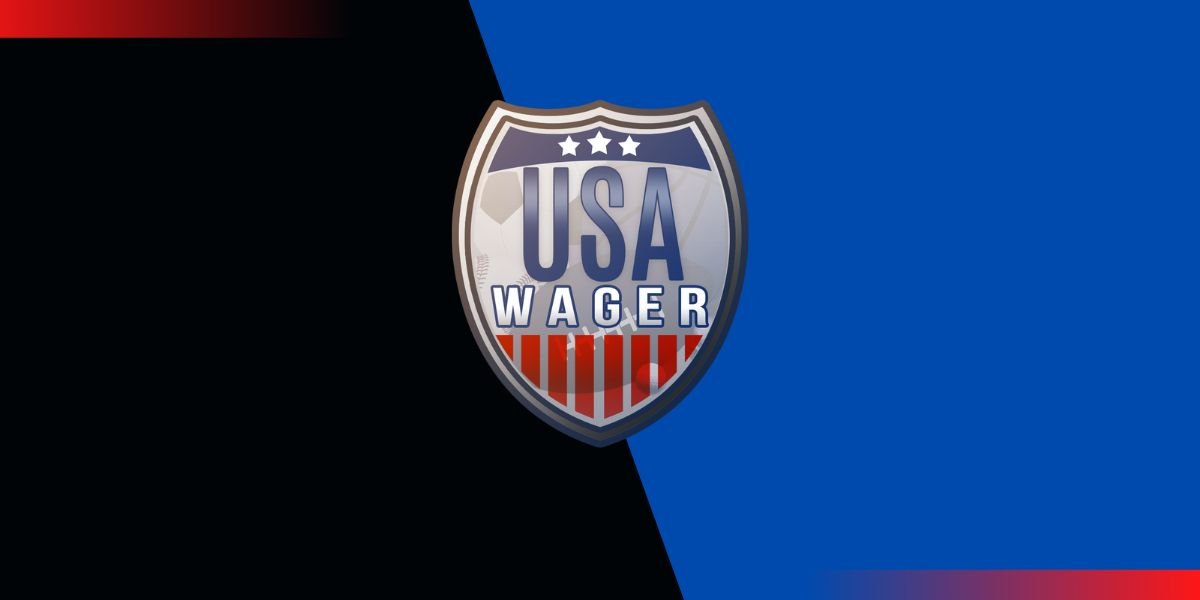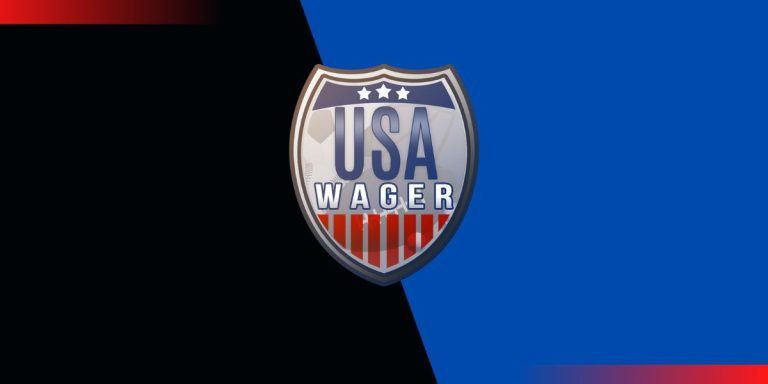Missouri Sports Betting Stumbles, Still Alive in Senate
The Missouri Senate is mulling a new sports betting proposal backed largely by the St. Louis Cardinals.
The Cards and owner Bill DeWitt III have been active in pushing for Missouri sports betting since the turn of the year, leading a group of professional sports teams lobbying for legalization and being an ever-present voice in the ongoing fight.
The bill, sponsored by Republican Senator Denny Hoskins, could create upwards of $114m in tax revenue, which greatly exceeds profits from other states with legal gambling.
Missouri sports betting back in discussion
The legislature debated a new plan that calls for a 15% tax on winnings, up from the 8% figure presented in the initial proposal (House Bill 2400). The proposal would also allow bettors to place wagers at locations where Missouri Lottery tickets are sold.
Current debates follow last week’s sessions, which revolved around a plan tied to ridding the state of illegal gambling machines and operations hidden in state bars, rest stops, and gas stations, which were the primary roadblock to the state pursuing betting legislation in the first place. Ultimately, those conversations, also backed by Hoskins, ended in disagreement.
Despite the harrowing signs, DeWitt and the Cardinals’ brass, who felt that they were already making progress in their fight, are optimistic that they will successfully lobby for legalization.
“We continue to discuss issues related to sports betting legislation with our ‘coalition’ partners as well as certain legislators,” DeWitt told the Post-Dispatch on Wednesday.
Hoskins, the foremost legislator in Missouri sports betting legalization battles, confirmed that he has been communicating with the band of professional sports organizations during recent pushes.
“I’ve been in discussion with members of the coalition, the St. Louis Cardinals, the Kansas City Chiefs, Penn National, Missouri Gaming (Association) … they all are very aware of this,” Hoskins said.
Voices behind the fight
Sports betting was illegal across the United States— except for Nevada— until a 2018 court decision reversed the standard, opening the door to ratification at the state level. Nearby states such as Illinois and Ohio have already adopted legislation, while Kansas is positioned to join the gambling market before 2023.
One of the major concerns for lawmakers and interested parties alike is that consumers will either continue to illegally risk money or travel across state borders, spending what could have been taxable money in external communities.
DeWitt and the other team owners sped up the process after Missouri had dragged its feet for years while debating how to create a clean starting environment, ultimately helping a recent plan pass with House approval on a 115-33 vote.
The plan calls for the state’s 13 casinos, as well as professional sporting venues, to have sports betting-specific windows. Prospective bettors would also be able to access mobile and online sportsbooks.
The legal gambling age would be set at 21, and the Missouri Lottery could restrict licenses of any agents offering unregulated gambling services. Municipalities would be allowed to vote to prohibit slot machines, and counties could choose whether or not to offer gambling in unincorporated areas.
In addition, $5m in flexible spending would be used to address “problem gambling.”
All of the progress and agreement currently stands for little, however, as the bill has stumbled since reaching the Senate; Republican Senator Bill Joplin led the dissenting contingent.
“This is a contentious bill,” White said.
Another issue that has risen is the $1.25m yearly cost of an operating license, for while Hoskins claims that fees would generate roughly $50m annually, White has an issue with the shift in the local economy.
“If we’re getting that much money in taxes … how much is being taken out of our economy by gambling?” White questioned. “How much money is being made by the entities that would be running sports betting?”
Debate continues to swirl throughout the Senate, which has until May 30, the end of the state legislation period, to decide on the bill.



